As an RSO on a mission, Students for Sensible Drug Policy (SSDP) hosted its fi rst event on Tuesday, Nov. 5. The event featured the viewing of “Code of West,” a documentary on the drug war occurring in Montana, as well as a guest speaker from Law Enforcement Against Prohibition (L.E.A.P.) The audience watched, captivated by the documentary as they learned of the many individuals affected by the war. From Lori Burnam, an elderly woman, to the youthful audience, all watched as they all expressed their need for the drug that had been taken from them: marijuana. Their needs were based on the relief they experienced with the drug.
They found solutions to such ailments as arthritis, epilepsy and PTSD (Post Traumatic Stress Disorder). They found peace. It was a solution that they could not accomplish with their typical medical prescriptions, which had caused side effects and nightmares. “It’s hard to take a bone back from the dog once you’ve given it to him,” said a citizen of Montana during the documentary. Its viewers began to understand the meaning of that statement as the documentary continued.
Tom Daubert, a leader in legalizing marijuana, had formed a cooperative care association for medical marijuana producers. They abided by state law; however, they ended up getting shut down by the federal government and had to take their argument to the House of Representatives. There they met with their opposition, Cherri Brady and her colleagues, who believed that the legalization of marijuana was detrimental to the teens of Montana. In the end, House Bill 161 was passed and marijuana ceased to be legal in Montana.
However, this was not the end of knowledge bestowed upon the attendees of the viewing. After a short break, Anthony Cincotti took center stage and further discussed the war on drugs. Cincotti is a retired senior offi cer and L.E.A.P. speaker. He also has experience with marijuana, as he has used it as treatment for a spinal cord injury, which left him bedridden for a year and a half. However, prior to this incident, he was already advocating against the prohibition of marijuana as he saw the effect it was having on society and felt that there must be another way to control the war without making marijuana illegal. He informed his listeners that $70 billion in tax dollars is used in the criminal justice system each year, money that could go towards education or creating living spaces on Mars.
Given that his step brother died from a heroin overdose, he has no trouble understanding the fear that surrounds the drug war. Yet, he believes that the legalization of it would be more effective in the war on drugs than the prohibition because it would eradicate the enticement behind it. In order to prove his point, he asked a simple question. “Who in here smokes tobacco?” After only one individual raised his hand, Cincotti pointed out that if that question would have been asked years ago, when tobacco was illegal, that one hand would have been accompanied by many more. SSDP’s fi rst event had a nice turnout and allowed its attendees to get insight on the war, as well as a better understanding of it. One attendant, Yvette Mesa, said that “It’s just really sad to see there were elders out there who depended on medicinal marijuana and the fact that they were stripped away from it,” as she expressed what she had gain from the documentary.
She went on further to say that, given the facts on how it is in fact aiding patients and having no effect on the amount of teens who use the drug illegally, she would like to see “what’s going on in the heads” of those who oppose the legalization of marijuana and encourage them “to chill out.” Speaking strongly on how the event has strengthened her position on the war on drugs, Yvette would make the members of SSDP proud to see that their event had such a great impact.





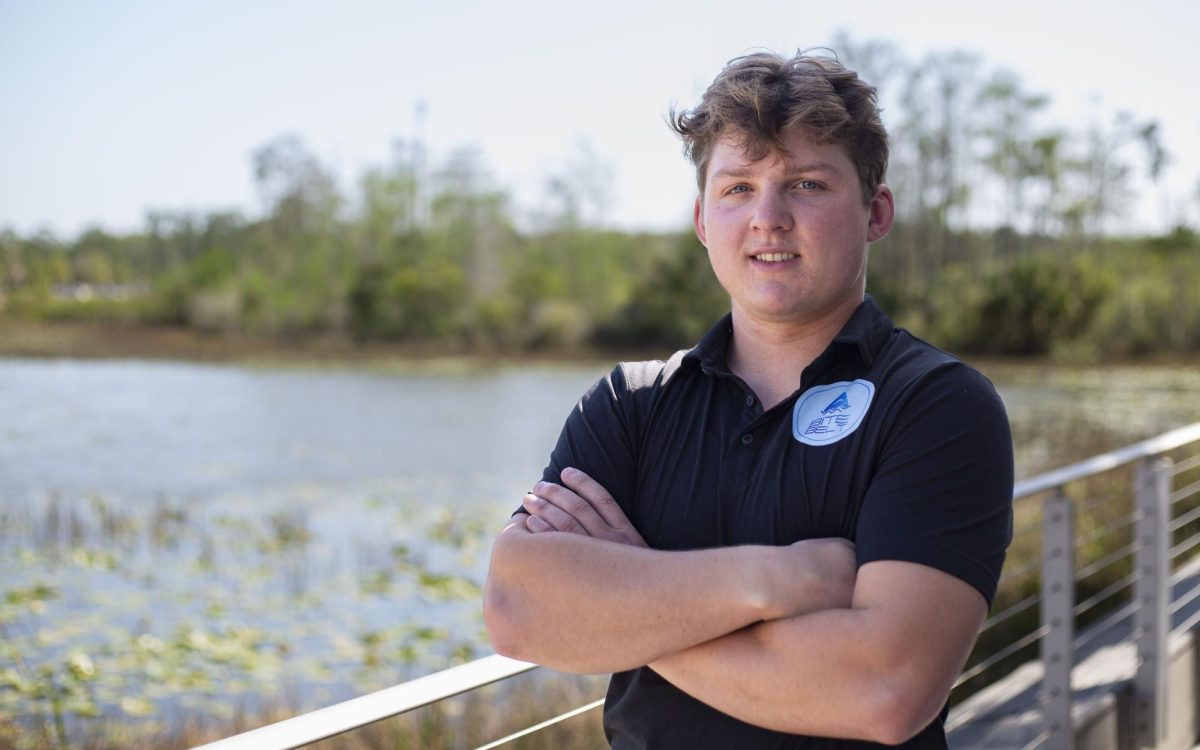




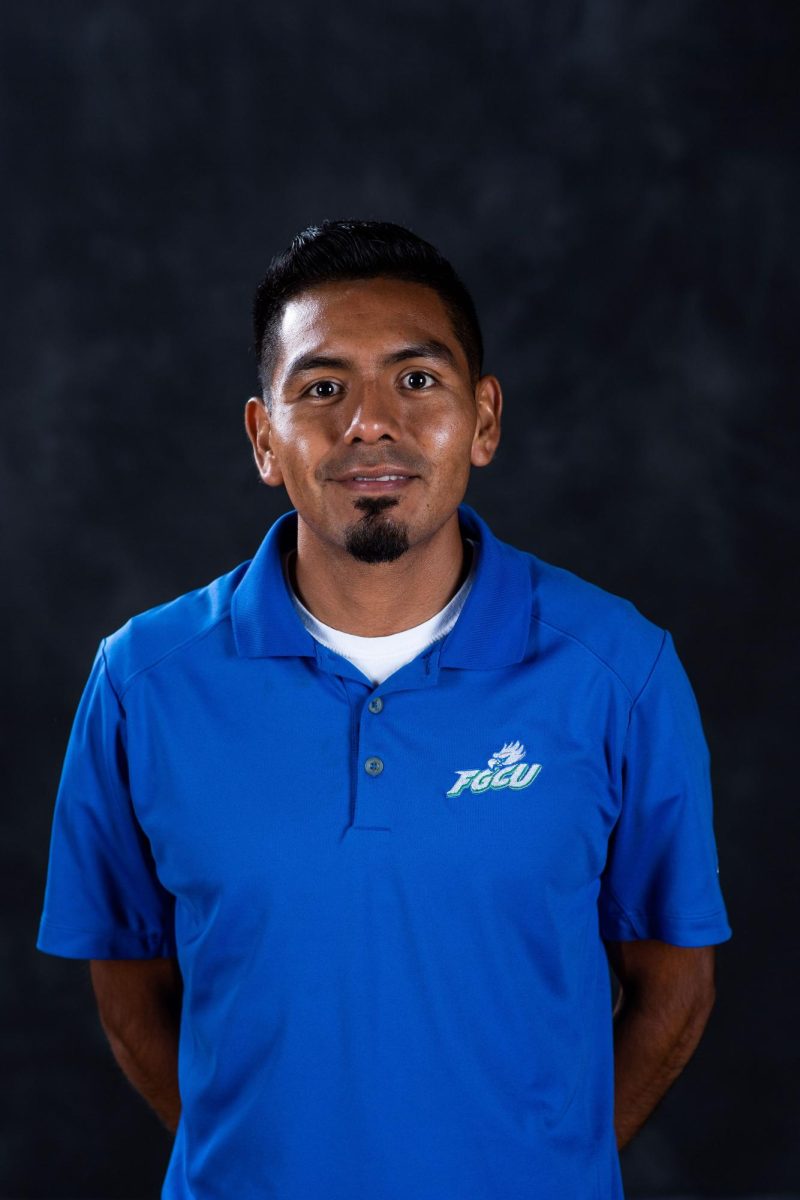


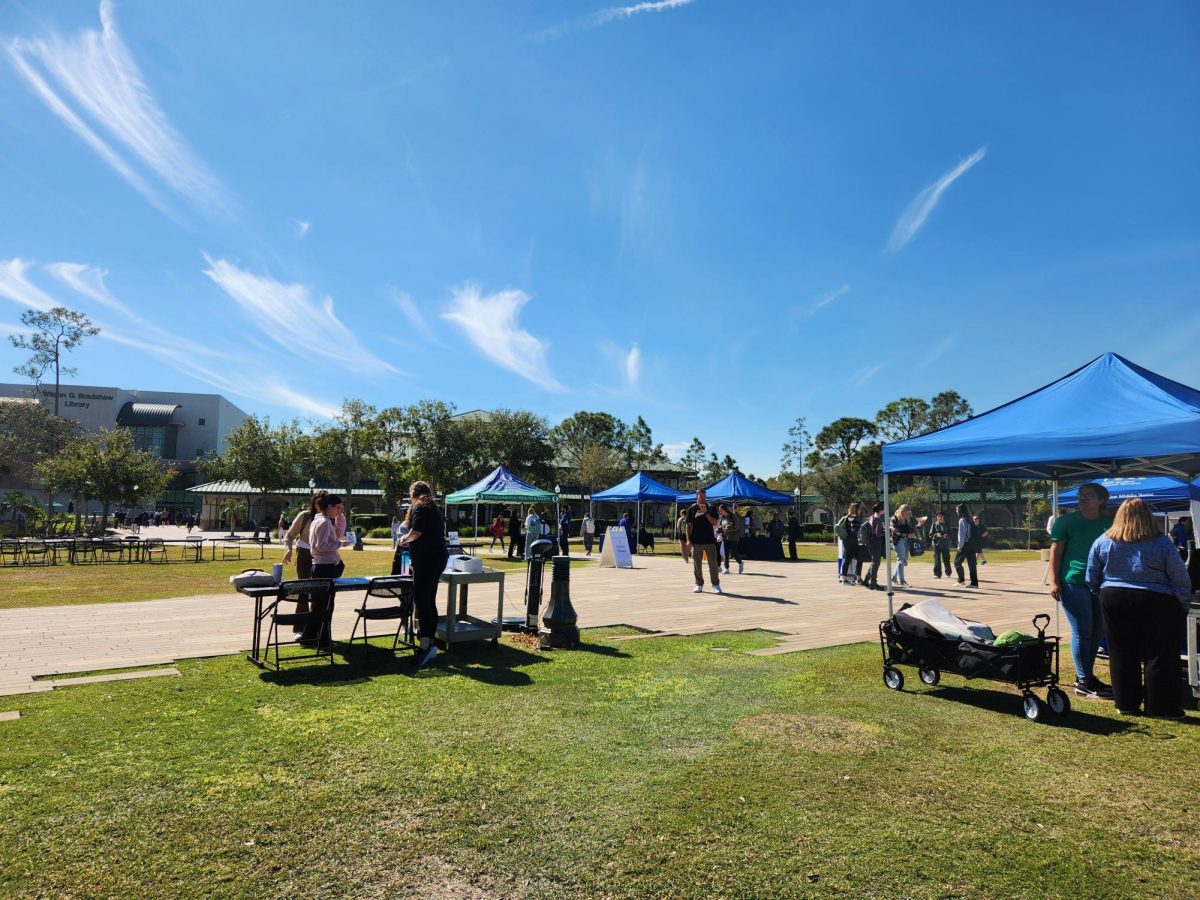

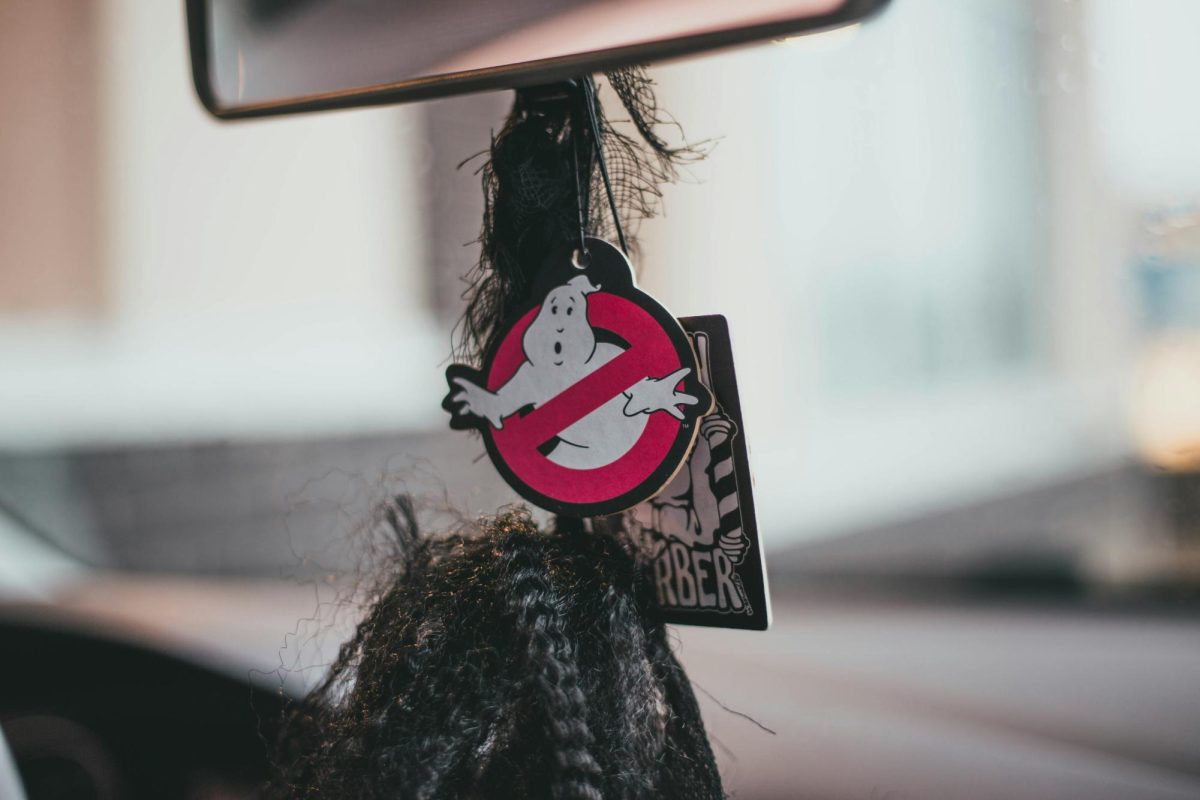
























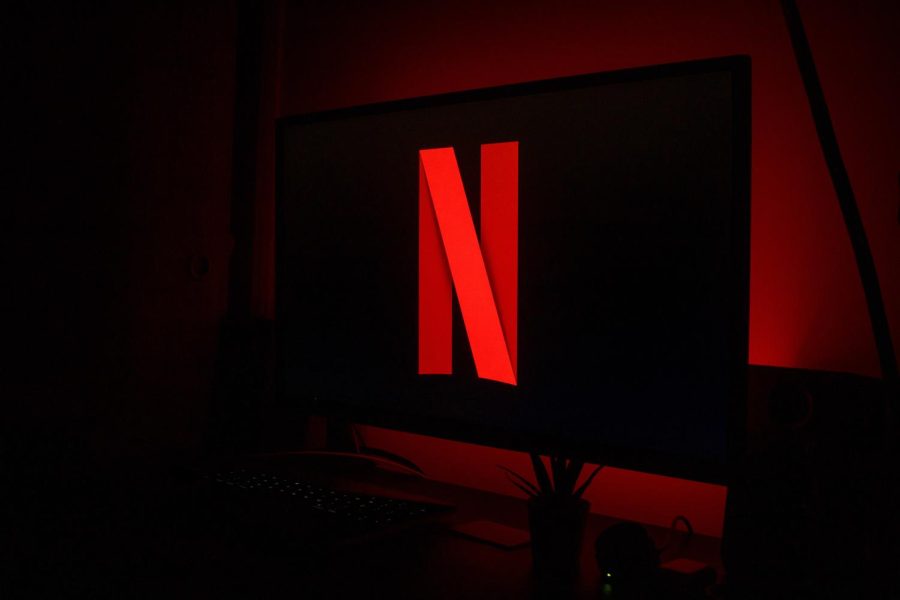
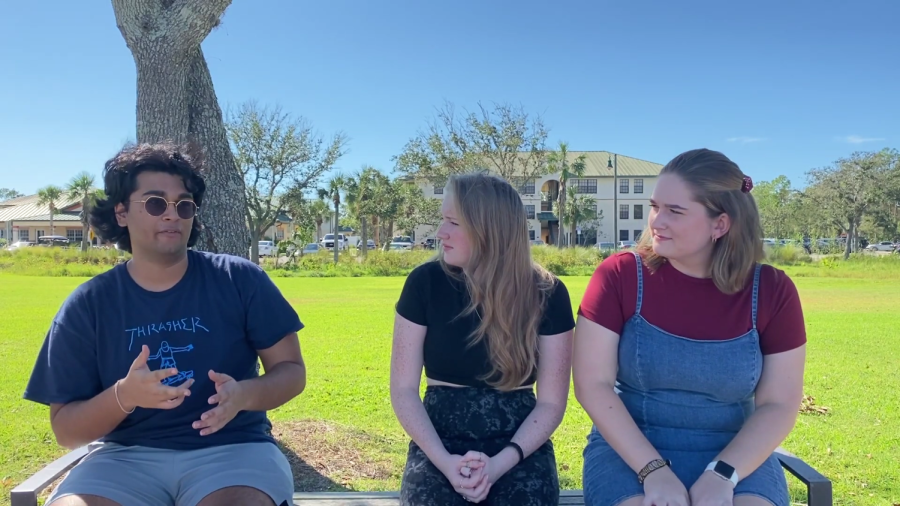
Anthony Cincotti • Dec 4, 2013 at 10:08 am
Thanks for taking the time to interview me Hannah.
One thing I noticed was the Tobacco analogy I presented is inaccurate in the article, Tobacco was never illegal (I believe what I said was when tobacco use was condoned it’s use was higher, and now that it is not, it is lower, which was achieved not with law enforcement intervention, but through a health and education approach) 🙂
Also, one other thing that might have benefited from clearer wording, we don’t use $70 billion total in our criminal justice system, that is just the amount that is solely incurred due to the policy of prohibition and the war on drugs.
Additionally, Medical Marijuana was not made illegal again in Montana, what they did was modify the law to make it incredibly difficult or impossible for patients to obtain it outside of the criminal marketplace by preventing caregivers from being compensated (even if only for actual costs incurred by production) for providing the MMJ. Basically, they changed the law to all but force those that need it to engage in criminal activity in order to procure it.
I had a great time giving the presentation and hope to be out there to do another in the future. If I can ever be of assistance on this issue feel free to reach out to me any time 🙂
Have a terrific week and a happy holiday season!
Anthony